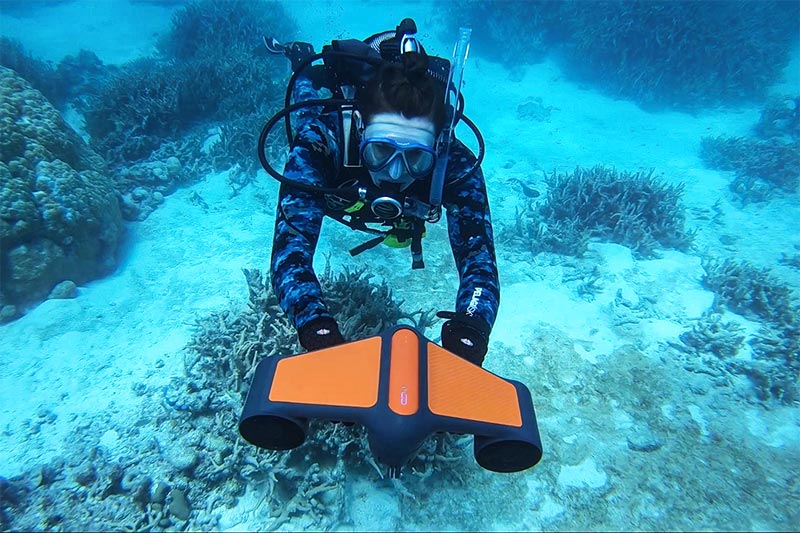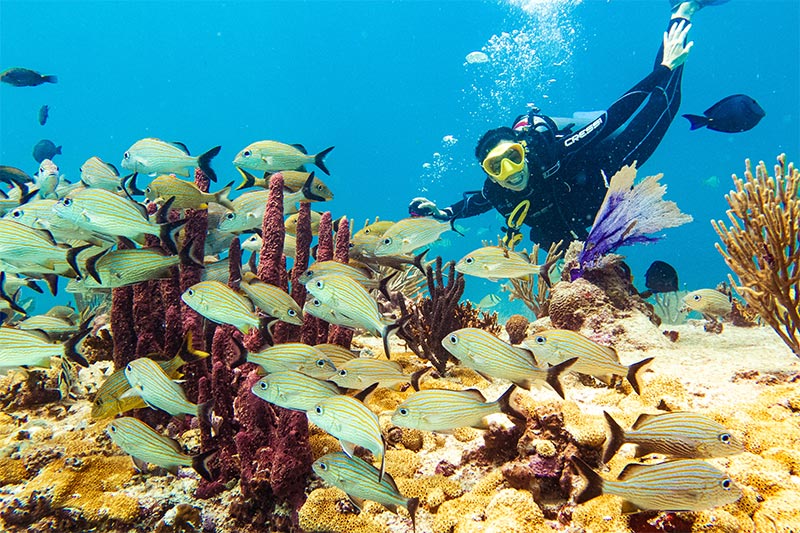Diving is an exciting and adventurous activity that allows people to explore the underwater world. However, there are different types of diving programs available, each with its own set of rules, techniques, and equipment. In this blog post, we will discuss the key differences between scuba diving, freediving, and snorkeling.

Scuba Diving:
Scuba diving is a type of underwater diving where the diver uses a self-contained underwater breathing apparatus (SCUBA) to breathe. The equipment includes a tank of compressed air, a regulator, a buoyancy control device (BCD), and fins. Scuba diving allows the diver to stay underwater for an extended period, allowing them to explore the underwater world more thoroughly. Scuba diving requires certification from a recognized organization such as PADI or SSI, and divers must follow specific safety procedures to avoid decompression sickness, lung over-expansion injuries, and other hazards.

Freediving:
Freediving, on the other hand, is a type of diving where the diver holds their breath and dives underwater. Freediving requires the diver to have excellent physical and mental abilities, such as breath-holding, relaxation, and the ability to equalize the pressure in their ears and sinuses. Freediving can be performed with or without equipment, such as fins or weights, and is often used for activities like spearfishing, photography, and exploration. Freediving has a higher risk of hypoxia and shallow water blackout, and it is essential to follow safety guidelines to prevent accidents.

Snorkeling:
Snorkeling is a form of diving where the diver swims near the surface of the water while wearing a mask, fins, and a snorkel tube. The snorkel tube allows the diver to breathe while their face is in the water, making it easier to observe marine life and explore underwater environments. Snorkeling is popular among recreational divers and is often done in shallow waters, such as reefs or lagoons.

In summary, scuba diving, freediving, and snorkeling are all types of diving, but they differ in terms of equipment, techniques, and safety guidelines. Scuba diving requires certification, the use of specialized equipment, and adherence to safety procedures to avoid decompression sickness and other hazards. Freediving involves holding your breath and requires excellent physical and mental abilities to avoid hypoxia and shallow water blackout. Snorkeling, on the other hand, is a less intense form of diving that can be done by anyone and is often done in shallow waters. Regardless of which diving program you choose, it is essential to follow safety guidelines and receive proper training before attempting to explore the underwater world.


